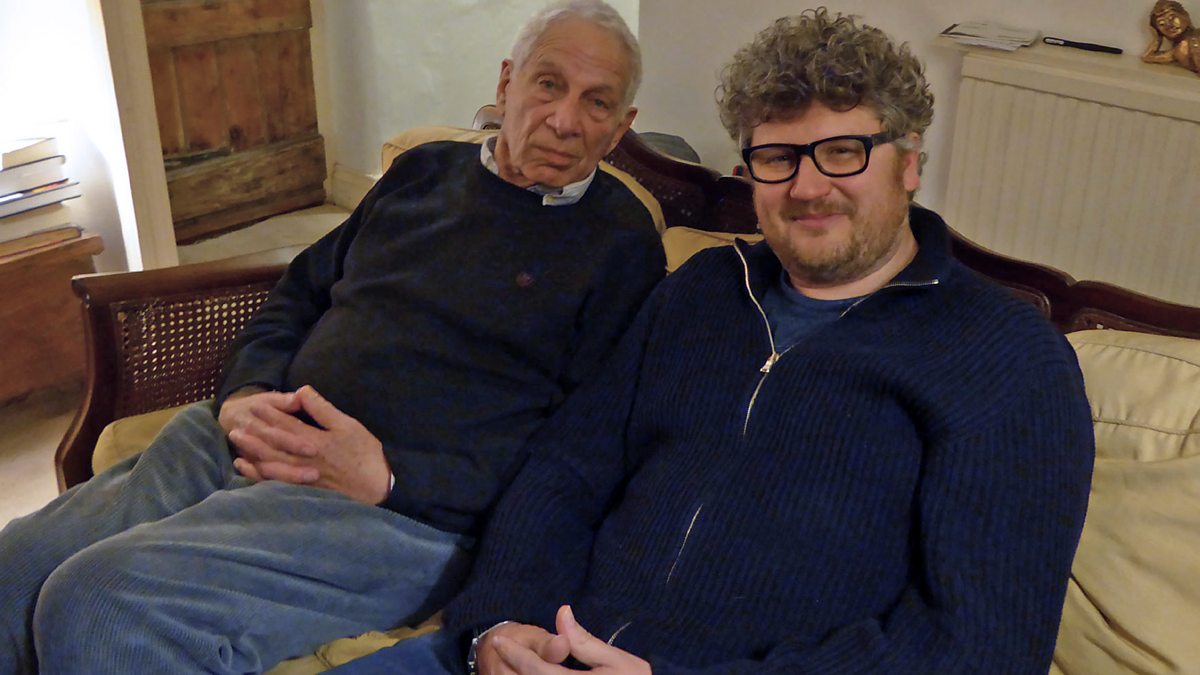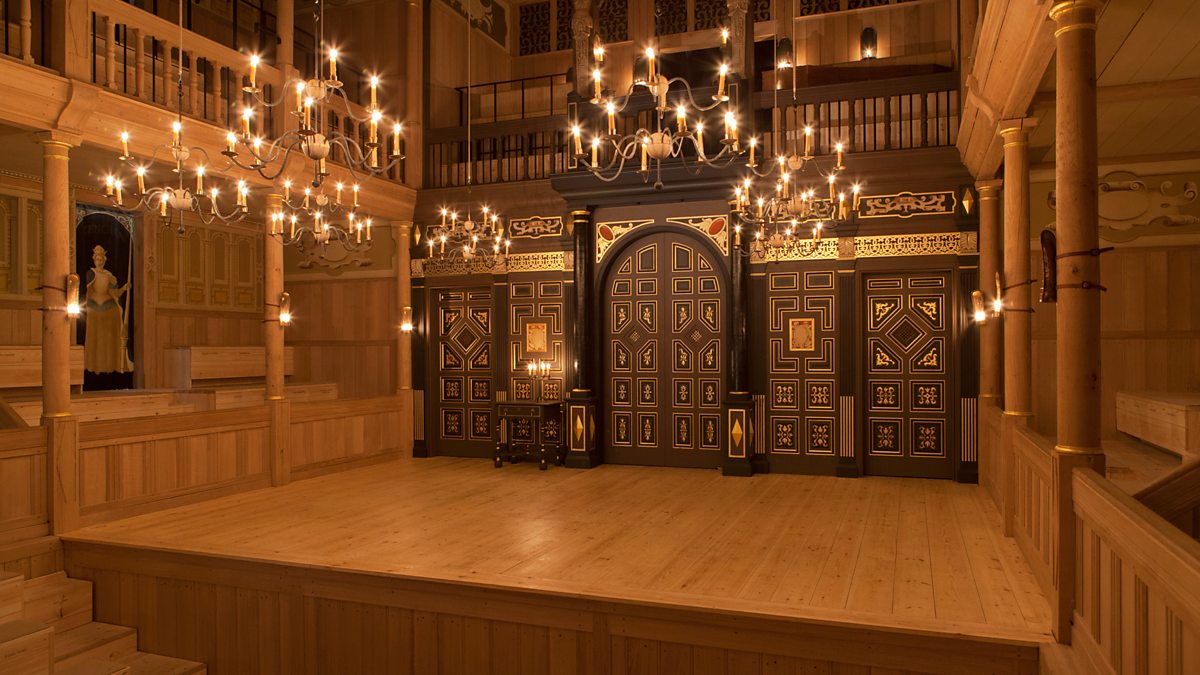Originally posted by jean
View Post
Only in the Viennese archives there are some 100.000 unpublished scores already, most of them from pre-1806 courts and monasteries.

 ) were definitely regarded as great artists by others and they must have cared their ‘art’ greatly but I wonder if they see themselves as artists in the modern sense (well, obviously not…)
) were definitely regarded as great artists by others and they must have cared their ‘art’ greatly but I wonder if they see themselves as artists in the modern sense (well, obviously not…)






Comment